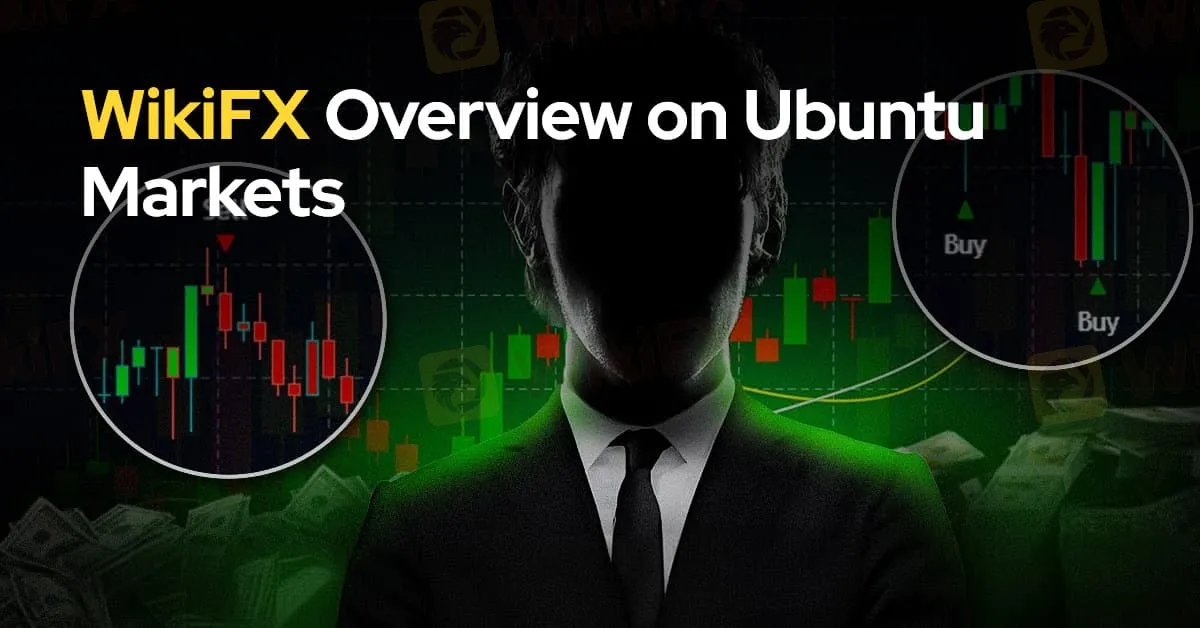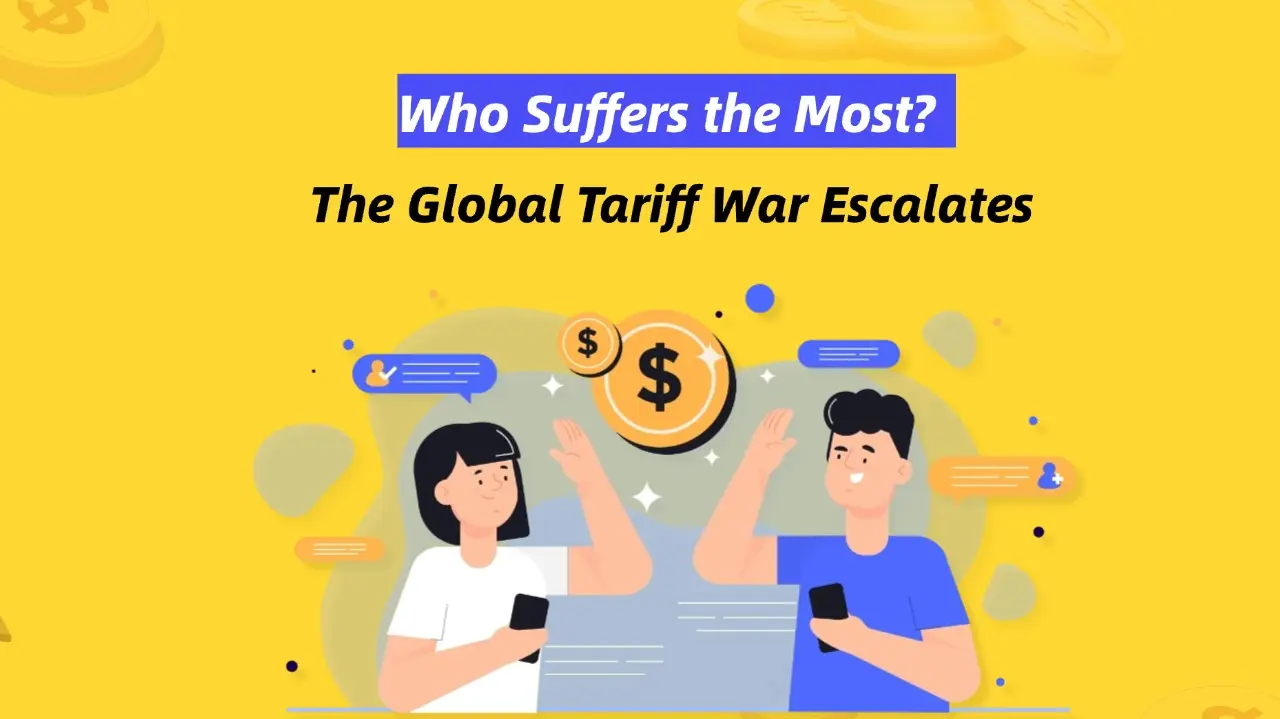简体中文
繁體中文
English
Pусский
日本語
ภาษาไทย
Tiếng Việt
Bahasa Indonesia
Español
हिन्दी
Filippiiniläinen
Français
Deutsch
Português
Türkçe
한국어
العربية
WikiFX Overview on Ubuntu Markets
Abstract:Ubuntu Markets, registered under the name Ubuntu We Sizwe 247 (Pty) Ltd, is a South African broker that has garnered attention for all the wrong reasons.

Ubuntu Markets, registered under the name Ubuntu We Sizwe 247 (Pty) Ltd, is a South African broker that has garnered attention for all the wrong reasons. Despite its presence in the bustling financial hub of Johannesburg, with offices at TBE Morningside Block 4, 150 Rivonia Road, Morningside, and 108 Elizabeth Ave, Parkmore, Sandton, this broker has failed to secure a regulatory license. This lack of oversight is a significant red flag for potential investors.
WikiFX Rating: A Stark Warning
WikiFX, a respected platform for assessing the credibility of forex brokers, has given Ubuntu Markets an alarmingly low score of 1.05/10. This rating suggests that the broker poses considerable risks to traders, particularly those who may be lured in by its promises of competitive trading conditions.
Account Offerings: Four Choices, But at What Cost?
Ubuntu Markets offers four distinct types of accounts:
Ubuntu Black Account
Ubuntu Premium Account
Ubuntu Prime Account
Ubuntu Lite Account
While these account options might seem attractive to a range of traders, from beginners to more experienced investors, the lack of regulatory oversight means that the security of your funds could be compromised.
Social Media Presence: A Double-Edged Sword
In an age where social media is a powerful tool for businesses to connect with their audience, Ubuntu Markets has established its presence across major platforms, including X, Facebook, Instagram, and YouTube. While this might indicate a modern and accessible broker, it's essential to recognize that an active social media presence does not equate to credibility or reliability.
Potential Risks: Proceed with Caution
Given the low score from WikiFX and the absence of a regulatory license, engaging with Ubuntu Markets comes with significant risks. Traders should exercise extreme caution and consider other options that offer more transparency and security.
In conclusion, while Ubuntu Markets may appear to be a viable choice for forex trading on the surface, the underlying risks highlighted by WikiFX's low rating and the lack of regulation make it a broker that should be approached with considerable caution. Always prioritize safety and due diligence when choosing a broker to trust with your investments.

Disclaimer:
The views in this article only represent the author's personal views, and do not constitute investment advice on this platform. This platform does not guarantee the accuracy, completeness and timeliness of the information in the article, and will not be liable for any loss caused by the use of or reliance on the information in the article.
Read more

Nigeria’s Oil and Gas Sector Gains Momentum
Nigeria’s oil and gas industry is experiencing a surge in investment, fueled by policy reforms and international collaboration, paving the way for continued energy expansion.

The Global Tariff War Escalates: Who Suffers the Most?
The global trade war is intensifying as countries continue to raise tariffs, aiming to protect their own economies while creating greater market uncertainty. In this tit-for-tat game, who is truly bearing the brunt?

Immediate Edge Review 2025: Is it safe?
Launched in 2019, Immediate Edge claims to be an automated cryptocurrency trading platform using AI technology for crypto trading services. The platform requires a minimum deposit of $250 to begin trading, which is relatively expensive for many investors. During its short operation, Immediate Edge failed to establish a positive reputation. The platform has undergone frequent domain changes and has repositioned itself as an intermediary connecting users with investment firms—a move that appears designed to obscure its actual operations. Immediate Edge restricts services to investors from the United States; it remains accessible to users in other regions.

BSP Restricting Offshore Forex Trades to Control Peso Volatility
BSP tightens rules on offshore forex trades, including NDFs, to reduce systemic risks and peso volatility. Stakeholders’ feedback due by March 26.
WikiFX Broker
Latest News
Indian Watchdog Approves Coinbase Registration in India
SILEGX: Is This a New Scammer on the Block?
How Can Fintech Help You Make Money?
Good News for Nigeria's Stock Market: Big Gains for Investors!
IIFL Capital Faces SEBI's Regulatory Warning
Why Is OKX Crypto Exchange Under EU Probe After Bybit $1.5B Heist?
Gold Trading Insights: Prepare for Moves Above $2,900 Post-CPI
The ‘Boom-S’ Scam: How a Simple Click Led to RM46,534 in Losses
Royal Forex’s CySEC License Revoked: Can It Still Operate Legally?
Trump vs. Powell: The Showdown That Will Shape Global Markets
Currency Calculator






